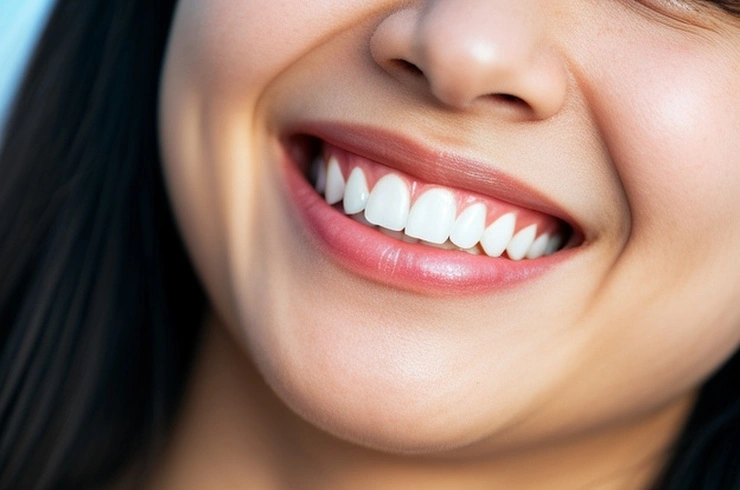
We've all been warned about the perils of sugar and its impact on our teeth. When sugars and carbohydrates mix with the plaque biofilm on your teeth and gumline, bacteria produce acids that attack tooth enamel, leading to decay. While cavities themselves can't be reversed once a hole forms, early tooth decay can be halted and even reversed. Here are several key strategies to prevent cavities and protect your teeth.
The Power of Your Beverage Choices
Water is your best friend when it comes to preventing cavities. It helps neutralize acids in your mouth and can even act as a temporary cleaner when brushing isn't an option. Another clever trick to minimize acid exposure is to drink acidic beverages through a straw. This directs the liquid past your teeth and straight to your throat, reducing contact with enamel.
Fueling Your Smile with Nutritious Meals
Beyond staying hydrated, what you eat significantly impacts your oral health. Prioritize nutritious meals and aim to reduce your intake of carbohydrates and foods high in sugar. These dietary changes can dramatically lessen the acidic environment in your mouth.
Your Toothbrush: A Crucial Ally
Preventing cavities often boils down to avoiding them in the first place, and a key part of this is effective plaque control through brushing. However, your toothbrush itself can harbor bacteria if not maintained properly. If you can't remember the last time you replaced your toothbrush or if its bristles are frayed, it's time for a new one. A general guideline is to replace your toothbrush every three months, and definitely after any cold, virus, or mouth infection. Always use a soft-bristled toothbrush and brush regularly, as brushing and flossing are fundamental in cavity prevention.
The Unexpected Benefits of Sugarless Gum
It might seem counterintuitive, but chewing sugarless gum after meals can be a surprisingly effective preventive measure. Many sugarless gums contain xylitol, a natural sweetener. Xylitol, a five-carbon sugar alcohol, has been shown to reduce plaque formation and its adherence to teeth. The act of chewing also stimulates saliva production, which naturally flushes away food particles and helps neutralize acids.
Managing Acid Reflux for Oral Health
If you suffer from acid reflux disease, discussing antacid options with your doctor might be beneficial for your oral health. When stomach acid rises into the mouth, it bathes teeth in a caustic liquid that erodes enamel, leading to sensitivity and decay. Reducing this excess acid can be a significant step in preventing further tooth damage and lowering your risk of cavities.
These tips offer valuable ways to combat tooth decay. Remember, regular dental visits for cleanings and checkups are essential for maintaining optimal oral health and catching any issues early.
Frequently Asked Questions
Can a cavity be reversed? While a formed cavity (a hole in the tooth) cannot be reversed, early tooth decay, or demineralization, often can be. This stage requires diligent oral hygiene, including regular brushing, flossing, and the use of fluoride to help remineralize and strengthen enamel. Once a cavity has formed, professional dental treatment like a filling is necessary.
Can you heal a cavity naturally? You cannot naturally heal a cavity once it has formed. However, you can implement natural strategies to prevent the decay that leads to cavities. Some natural remedies, like oil pulling with coconut oil, are believed to reduce cavity-causing bacteria. Substituting sugar with xylitol is another natural approach that helps prevent the acid production contributing to decay.
Can you stop a cavity once it starts? You can potentially stop the progression of decay in its initial stages, before it forms a hole or breaks through the enamel. However, once a cavity has formed, it requires professional repair. Regular dental checkups are crucial to identify and treat cavities as early as possible, preventing them from progressing to deeper layers of the tooth.
Can cavities go away on their own? No, cavities do not go away on their own. If you suspect you have a cavity (e.g., sticky feeling, sensitivity, discoloration), it's important to see your dental professional promptly. Untreated cavities can lead to serious infections and other significant oral health issues.
Pro Tip
The content of the article is shared by netizens, please carefully identify it